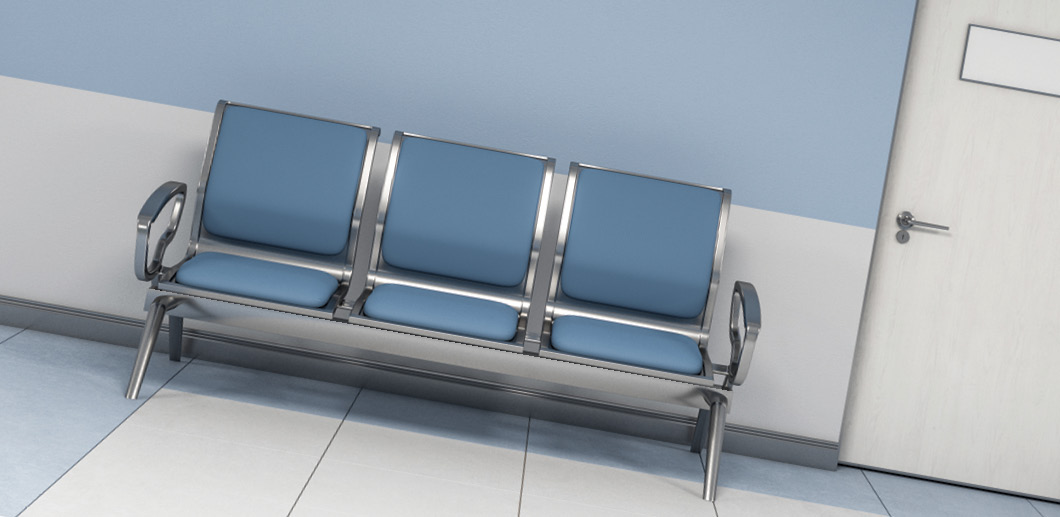It was a normal February evening for Michael*— until it wasn’t. After developing chest pain, shortness of breath and heavy sweating, he was taken in an ambulance to the ER. He was having a heart attack.
His wife was told she couldn’t come with him, but she would be updated by phone. He waited in the ER for almost an hour until the cardiac team arrived for the angioplasty. The system at that point was working as it should.
But it was when Michael was moved to the intensive care unit, and was told he had two other areas of concern and was looking at bypass surgery after six weeks of recovery, that he saw how stretched the system was.
While Michael says he had amazing nurses in the ICU, he witnessed two code blues that occurred concurrently. The second code was discovered by a nurse responding to the first code, and ultimately the second patient died. He could see that the nurses were shaken by this, and as they knew he had witnessed it, they came to ask Michael if he was okay.
“Even though I received excellent nursing care, I could see from the body language and confusion at the nursing station that there was a shortage of nursing staff,” he says.
“I kept thinking what if that was me.”
What alarmed Michael most about the care he received while in the hospital’s ICU—for the initial heart attack and follow up surgery—was the obvious stress of the nurses’ patient load.
Nurses were constantly apologizing to Michael for the little time they had to spend with him. He says they were almost robotic with a list of required things to do, and had no time to get to know patients.
While ICU nurses were able to check on him often, Michael says that on the ward it could take up to an hour before a new nurse arrived to introduce themself after a shift change.
Both ICU and ward nurses seemed frustrated and hurried. Several times they would forget to take things with them that they might need for the next patient. Much of the equipment they needed was broken.
“No one came into your room unless they absolutely had to for some required procedure or to hand out medication,” he says. He adds that any time he used the call button because he required repositioning help, he could see the nurse wasn’t sure who they could find to help assist with the task.
Michael is telling his story because he hopes all Canadian governments will pay attention to what is happening to patients in the community, not just data from a survey or think tank.
“We all know that health care is very expensive, but it is also a right of Canadian Citizenship. No one should have to check a website to see when or if their ER is open.”
* WeRPN is respecting Michael’s wishes to protect his privacy as a patient, and has elected not to use his real name or name the hospital he attended for his care.

